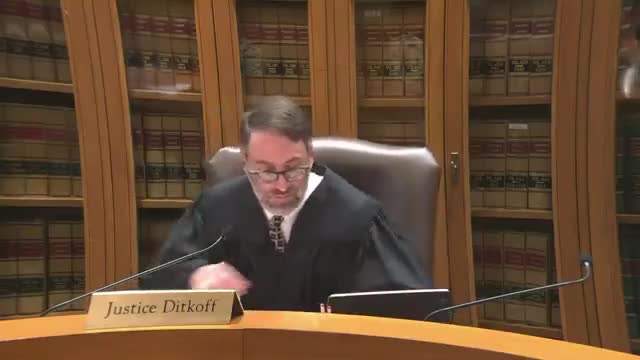Article not found
This article is no longer available. But don't worry—we've gathered other articles that discuss the same topic.
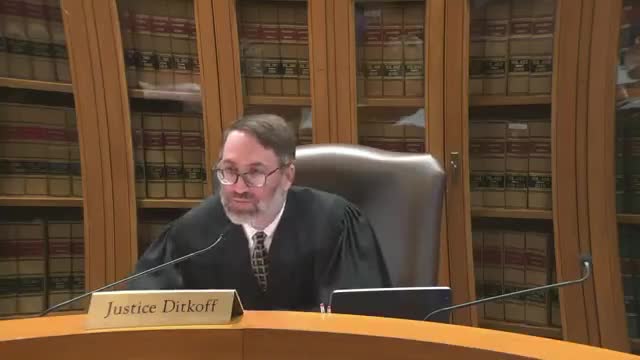
Appeals court hears ICWA inquiry claim in adoption appeal; parties dispute record sufficiency
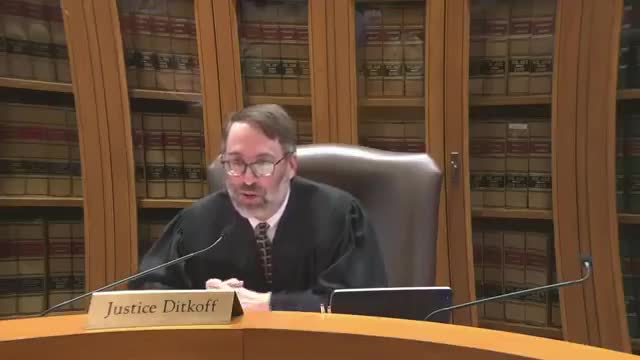
Appeals court considers whether redacted federal indictment prejudiced domestic‑abuse trial evidence in Fuentes appeal
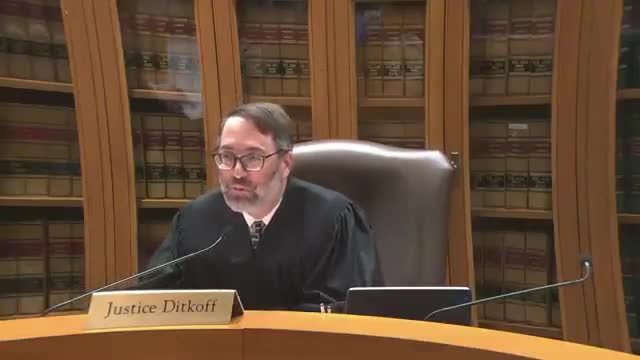
Appeals court weighs sufficiency of evidence in Bridgewater threat conviction
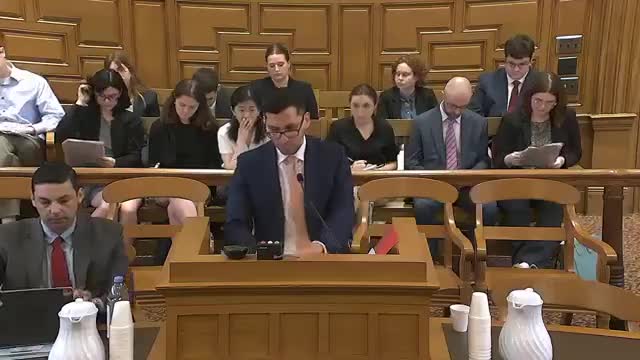
Appeals court reviews dismissal based on written‑notice requirement for independent medical exam in OUI case
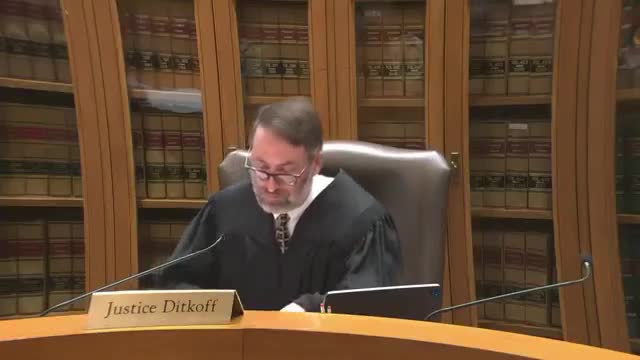
Appeals court reviews registry classification tied to alleged deviant sexual interest and hearsay; appellant faults surrogate expert reasoning
